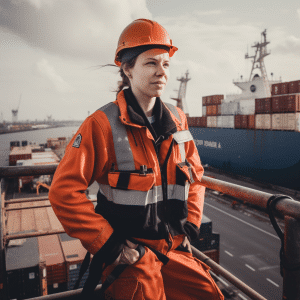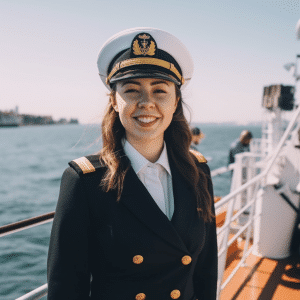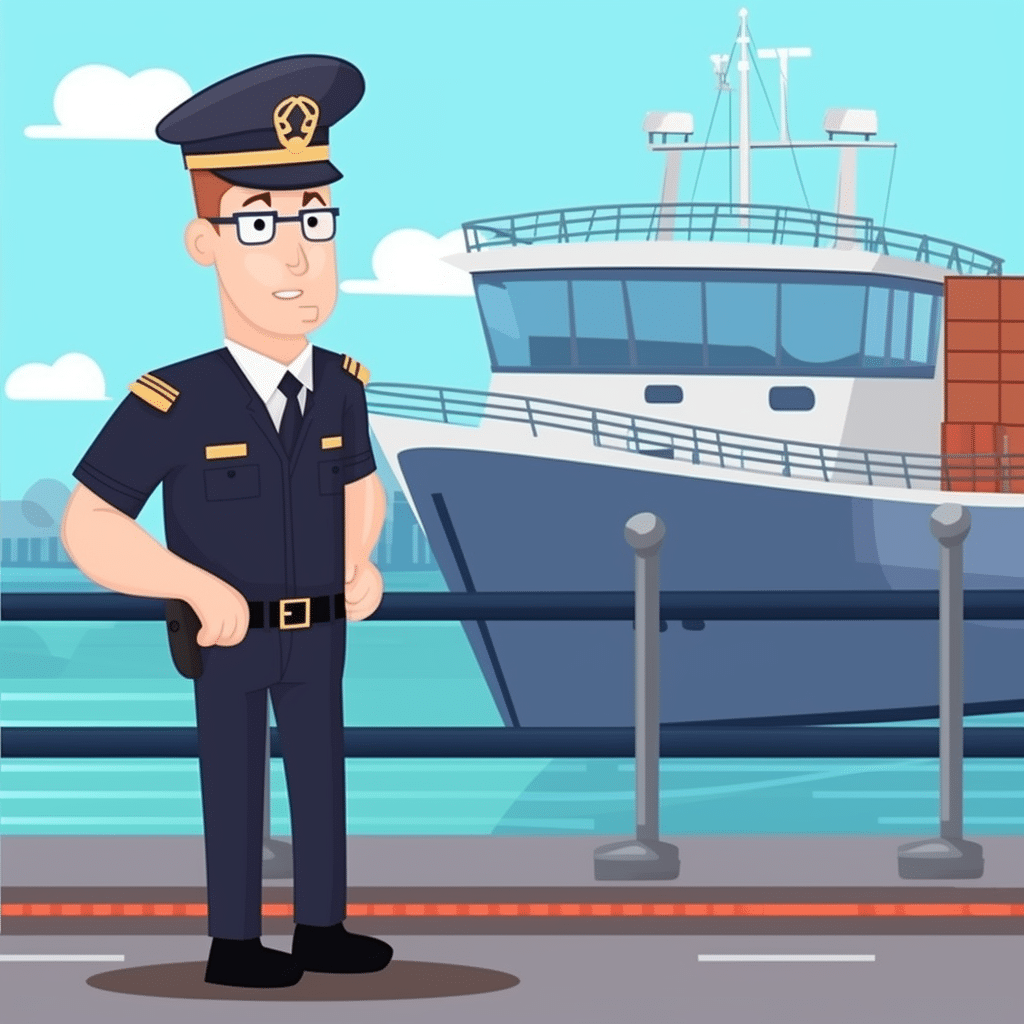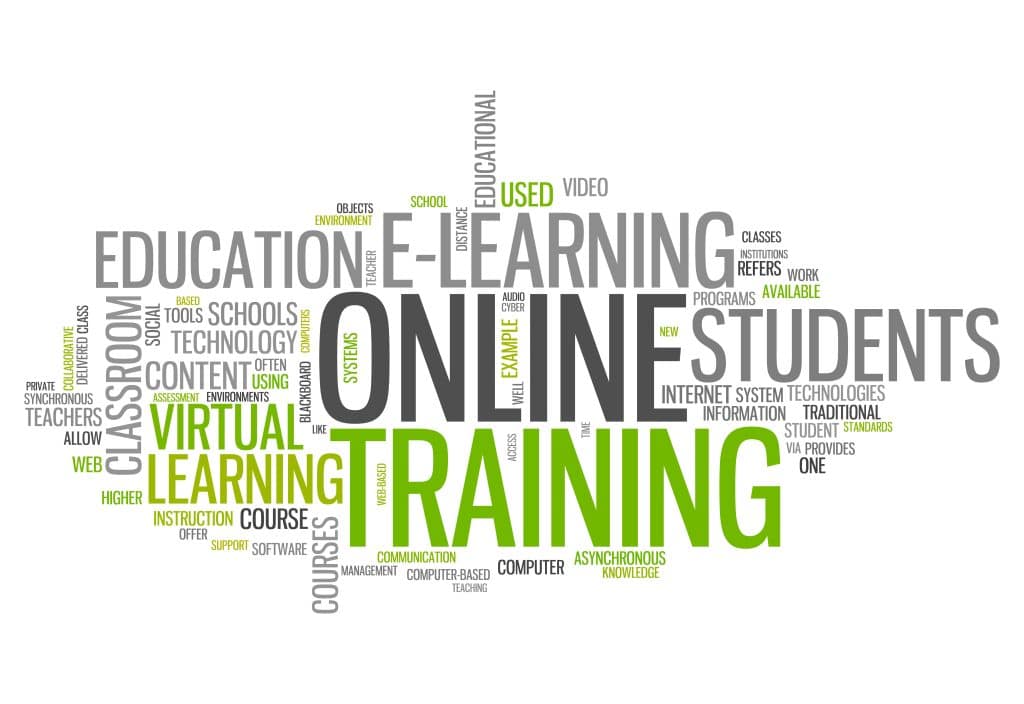Understanding Maritime Training and Education
The maritime industry plays a crucial role in global commerce, responsible for transporting the majority of world trade. Working within this sector offers a range of career opportunities, from navigating vessels to marine engineering. However, these roles demand specialized knowledge and skills, making maritime training and education indispensable. This article explores the avenues for maritime education and how it can pave the way to a successful career in this dynamic industry.
Why Pursue Maritime Training?
Maritime training provides the foundational knowledge and practical skills necessary to safely and effectively work at sea. Such education covers broad areas including navigation, ship operation, maritime law, international regulations, and safety procedures. Aside from technical skills, maritime courses also focus on environmental stewardship, crisis management, and leadership. With a shift towards digitalization and green shipping, modern training programs also incorporate advanced technologies and sustainability practices. Pursuing a specialized maritime education ensures compliance with international standards, making candidates more attractive to potential employers.
Types of Maritime Training Programs
There are various pathways to a career at sea, each requiring different levels of education and training:
- Deck Officer Training: Prepares candidates for roles in navigation and ship handling. This program covers chart work, maritime law, safety procedures, and more.
- Engineering Officer Training: Focuses on the technical aspects of ship operation, including maintenance of engine room and electrical systems.
- Crew Training: Provides basic safety training for all crew members, which is mandatory for employment on most vessels.
- Maritime Studies Degrees: Offered at the undergraduate and postgraduate levels, these degrees cover a wide range of topics including international shipping management, logistics, and maritime law.
Accreditation and Standards
When choosing a maritime training program, accreditation is crucial. Reputable courses adhere to the standards set by the International Maritime Organization (IMO) and are often recognized by national maritime authorities. This ensures that the education provided meets global industry standards, enabling graduates to work internationally. Completing an accredited program often leads to obtaining necessary certifications for various maritime roles, including the Standards of Training, Certification, and Watchkeeping (STCW) certificate.
Career Opportunities and Advancement
Maritime education opens the door to a multitude of career pathways within the industry. Graduates can find employment on commercial ships, luxury yachts, offshore support vessels, and within port management. Roles vary widely, from deck officers and marine engineers to logistics coordinators and maritime policy makers. With experience, maritime professionals can advance to senior positions, such as master mariners or chief engineers, both of which command higher salaries and greater responsibilities.
Moreover, the skills acquired through maritime training are highly transferable, making it possible for individuals to transition into related fields such as maritime law, ship brokerage, or maritime education and training itself. An advanced degree, such as a Master’s in Maritime Affairs, further broadens career prospects, particularly in leadership, policymaking, and research roles.
Key Considerations
Before embarking on a maritime education, individuals should carefully consider the demands of a career at sea. These include the ability to adapt to life onboard a vessel, work under challenging conditions, and spend extended periods away from home. However, for those passionate about the ocean and interested in a career that offers diversity, adventure, and the chance to travel the world, maritime training could be the gateway to fulfilling professional and personal aspirations.
In conclusion, maritime education and training serve as the cornerstone for building a successful career within the thriving maritime sector. By offering a blend of theoretical knowledge and practical skills tailored to the diverse needs of this global industry, maritime training paves the way not only for immediate job opportunities but also for long-term career advancement and fulfillment.













